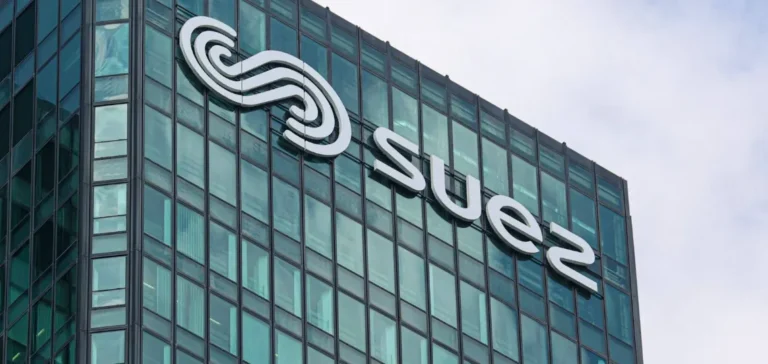SUEZ and RATP Group have signed a long-term supply contract for renewable electricity, establishing the delivery of nearly 100 gigawatt-hours (GWh) per year from household waste recovery. This partnership will extend over a maximum period of sixteen years, with operational start-up planned from 2026. The agreement meets the energy needs of RATP Group and its subsidiaries, while strengthening the long-term security of their energy supply.
A partnership focused on energy recovery
The electricity will be produced by SUEZ’s Energy Recovery Units (Unités de Valorisation Énergétique, UVE), installed in several regions, including Île-de-France. These sites convert more than 3.5 million tonnes of waste into energy each year, supplying local industrial and institutional partners. With thirty-four UVEs operated nationwide, SUEZ has established itself as a key player in the sector, deploying technologies to optimise the energy efficiency of its facilities.
The signed agreement is part of RATP Group’s strategy, which has held ISO 50001 certification for energy management since 2017. This certification covers all the group’s activities, from operation to maintenance of urban transport networks. RATP aims to reduce its greenhouse gas emissions linked to energy consumption by 43% by 2027, compared to 2019, an ambition validated by the Science Based Targets initiative.
Impact on energy management and the renewable mix
Once the contract is implemented, renewable energy from the UVEs will supply the infrastructures of RATP Group, including stations, depots, and maintenance centres. This contract adds to previous agreements signed by RATP, notably for solar energy supply and the use of wind and hydroelectric parks. The objective is to reach 15% renewable energy in the group’s annual electricity consumption by 2030, further diversifying its energy mix.
This is the third long-term Power Purchase Agreement (PPA) signed by SUEZ with a major French group. The multiplication of these contracts reflects an evolution in sector practices, with growing demand for stable and fixed-price energy solutions, enabling industrial and transport operators to anticipate their costs over the long term.
Pursuing industrial and energy ambitions
SUEZ continues to develop its portfolio of recovered energy production and supply, responding to the needs of companies and local authorities for optimised energy management. The integration of a new type of renewable production into RATP Group’s mix illustrates the ongoing transformation in the urban transport sector.
According to David Lamy, Managing Director of SUEZ’s Recycling and Recovery activities in France, the signing of this third PPA “illustrates the relevance of SUEZ’s recovered energy production and supply strategy in supporting the decarbonisation of industry.” Jean-Yves Leclercq, Director of Strategy, Finance and Sustainable Performance at RATP Group, stated that this partnership “demonstrates the group’s desire to accelerate its energy transition by optimising its consumption and increasing the use of renewable energy.”






















